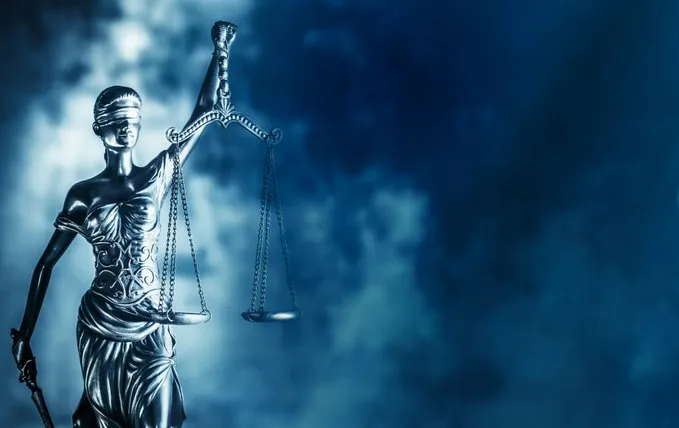Let’s be honest. The moment you’re pulled over and charged with impaired driving, life gets complicated very quickly. You’re suddenly facing questions you never imagined you’d have to answer: Will I lose my licence? Will this affect my job? Could I go to jail? What’s going to happen to my future?
Here’s the thing. The earlier you get professional guidance, the better your chances of protecting your rights and minimizing the consequences. You need someone who knows the Canadian legal system inside out, someone who can challenge weak evidence, and someone who understands what’s at stake for you personally. That’s why many people seek legal help for impaired driving charges as quickly as possible.
Now let’s break down how timing, knowledge, and the right legal strategy can make a huge difference.
Why timing matters more than most people think
Impaired driving cases move fast. The administrative penalties start immediately, and any delays in getting help can restrict your defence options. The sooner you act, the more power you have to:
- Challenge breath or blood test procedures
- Preserve video or witness evidence before it disappears
- Correct or expose any rights violations from the arrest
- Prevent automatic driver’s licence suspensions from dragging on
Every hour counts, especially if there were mistakes by the police. These details fade fast, and once they’re gone, they’re gone.
What the law considers “impaired driving” in Canada
Impaired driving isn’t only about alcohol anymore. Police can lay charges for:
- Being over the legal BAC limit
- Drug impairment (including cannabis and prescription medication)
- Refusing to take a breathalyzer or roadside test
- Mixing alcohol and drugs while driving
The Criminal Code of Canada treats these situations seriously, even for first-time offenders. If you’re in Ontario or other provinces where zero-tolerance rules apply to young or novice drivers, the stakes are even higher. Good legal representation helps ensure the law is applied fairly to your individual situation.
What your lawyer actually does for you
Let’s make this very practical. A skilled defence lawyer will:
- Scrutinize how officers conducted roadside testing and arrest procedures
- Examine the accuracy of breathalyzer equipment and calibration records
- Investigate whether your Charter rights were violated
- Tailor a defence strategy that fits the facts, not assumptions
- Negotiate with Crown counsel to reduce charges or penalties
- Represent you confidently in court if needed
In other words, they protect the future version of you — the one who still wants to work, travel, and move on with your life.
Understanding the penalties you’re up against
A conviction for impaired driving in Canada can lead to consequences that stick for years:
- Licence suspension (automatic and extended with conviction)
- Significant fines
- Mandatory education or treatment programs
- Criminal record
- Vehicle ignition interlock installation
- Higher insurance premiums — often for many years
- Possible jail time for repeat or aggravated cases
These are not quick fixes. The long-term financial and personal damage can far outweigh the cost of securing strong legal representation early.
Why first-time offenders shouldn’t take chances
It’s easy to think a clean record offers some kind of shield. It doesn’t. Courts treat impaired driving as a public safety issue, not a small mistake. Even a single conviction can:
- Limit career paths, especially in healthcare, government, transportation, and security roles
- Create immigration challenges
- Restrict international travel, including entry into the United States
Acting quickly gives you a real shot at reduced penalties, diversion programs, or even a dismissed case depending on the facts.
Roadside tests aren’t perfect — and that matters
Breathalyzers and standardized sobriety tests may seem definitive. They aren’t. A surprising number of impaired cases reveal problems such as:
- Inaccurate calibration
- Improper handling of test results
- Environmental factors affecting readings
- Legal missteps during testing
- Misinterpretation of physical signs
A good defence lawyer knows how to identify and challenge these weak points. Without that challenge, you’re essentially accepting that the system got everything right — and that’s not always the case.
How to choose the right legal advocate for your case
Not all defence lawyers specialize in impaired driving. You need someone with:
- Practical courtroom experience in DUI matters
- A record of successfully defending similar cases
- Clear communication and straight answers
- A thorough understanding of Charter rights issues
- Availability when you need them most
Trust your instincts. If a lawyer doesn’t listen to you or explain things clearly, look elsewhere.
What to do right now if you’ve been charged
Here’s a quick action list that can help protect your case starting today:
- Write down everything you remember about the stop and arrest
- Gather documents including test results, notices, or police paperwork
- Avoid discussing the incident publicly or online
- Consult a lawyer before pleading or attending court alone
- Follow all short-term licence conditions strictly
Small steps now can prevent major consequences later.
The smartest move is not facing this alone
Impaired driving charges can feel like a personal disaster. They don’t have to define your future. Getting the right professional in your corner early can help you stay grounded, make informed choices, and protect the life you’ve worked hard to build.
Don’t wait until the damage is permanent. Acting today gives you more options tomorrow.

